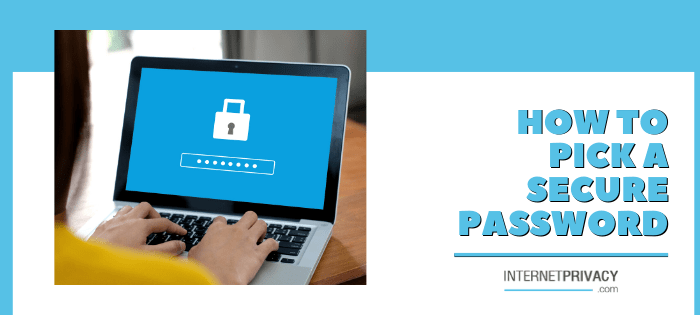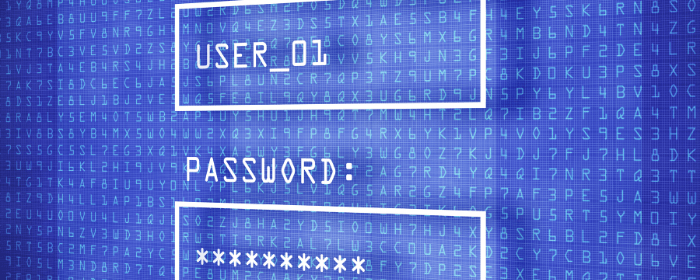How to Pick a Secure Password

Do you know how to pick a secure password for your online profiles? In this article, we will walk you through the top 8 tips for picking a secure password for all of your accounts.
From the films, hackers make it appear simple to decode a password. The truth is, it frequently is as straightforward as it looks on the huge screen. “While passwords are an essential part of system safety, they may be broken or broken relatively easily,” based on software firm Symantec.
And when burglars break into your account, your private identity and information are in danger.
However, here are 5 quick and easy ideas for how to pick a secure password”
How to Pick a Secure Password and Protect Yourself Online
1. Be Original, But Also Be Random
Avoid common words everyone can see in the dictionary, and just adding amounts to common provisions, such as mainstreet12, is not any better. Hackers write apps to decode these kinds of passwords.

2. Settle on Unique Passwords for Security
A lot of men and women use addresses, birthdays, or other personal info to make passwords memorable.
Nonetheless, it is”dangerously simple” for hackers to get private information regarding potential goals, according to Symantec. Keep away from anything which pertains to a name, nickname, the title of a relative or pet, and some other private numbers such as telephone numbers, addresses, or other details.
3. Pick Alphanumeric Password
The more and more complex your password is, the tougher it is to suppose. Include symbols, numbers, and mixed-case letters.
Google indicates this technique: Produce a word known only to you and connect it with a specific site. A phrase for the email may be”My buddies Tom and Jasmine send me a humorous email once every day.”
Use letters and numbers to recreate it.

4. Mix & Match Different Password Variations
Do the exact same to make an exceptional password for each other password-protected website you see, Google suggests.
“Selecting the identical password for all your online accounts is similar to using the exact same key to lock your house, vehicle, and workplace –in case a criminal gains access into one, all of these are endangered,” it states.
5. Update Passwords Routinely
Passwords must be changed often to stay effective. How frequently?
Online financial accounts must be changed every month or 2; corporate media passwords every 3-4 weeks. Everything else? Just use decent judgment and do not be idle.
“Shifting a password is relatively fast and painless compared to this annoying and costly procedure of combating identity theft.”
6. Test Passwords
Online password checkers may assess a password’s strength.
7. Utilize Password Management Tools
Connectsafely.org suggests having a service or program such as RoboForm, LastPass or Password Safe to make strong passwords for every one of your websites, but you simply need to remember 1 password to get the app that stores your passwords to you.
“It saves you boundless time and hassle, so it is (mostly) free, and it belongs in your own personal computer and telephone this day,” he wrote. It is out in 2.0, and the two memorize your password and automatically logs you into sites, in spite of complicated logins like bank accounts.
8. Common Sense When You Pick a Secure Password
Use common sense. Connectsafely.org reminds customers that smart Web habits are the Trick to password security:
The sole exception: children should give theirs to their parents.
• Do not place it out in the open.
Need help protecting your online info (or get help removing your criminal records from websites like Arrest.org? Contact the Internet Privacy Team today at 866-349-0130 .





